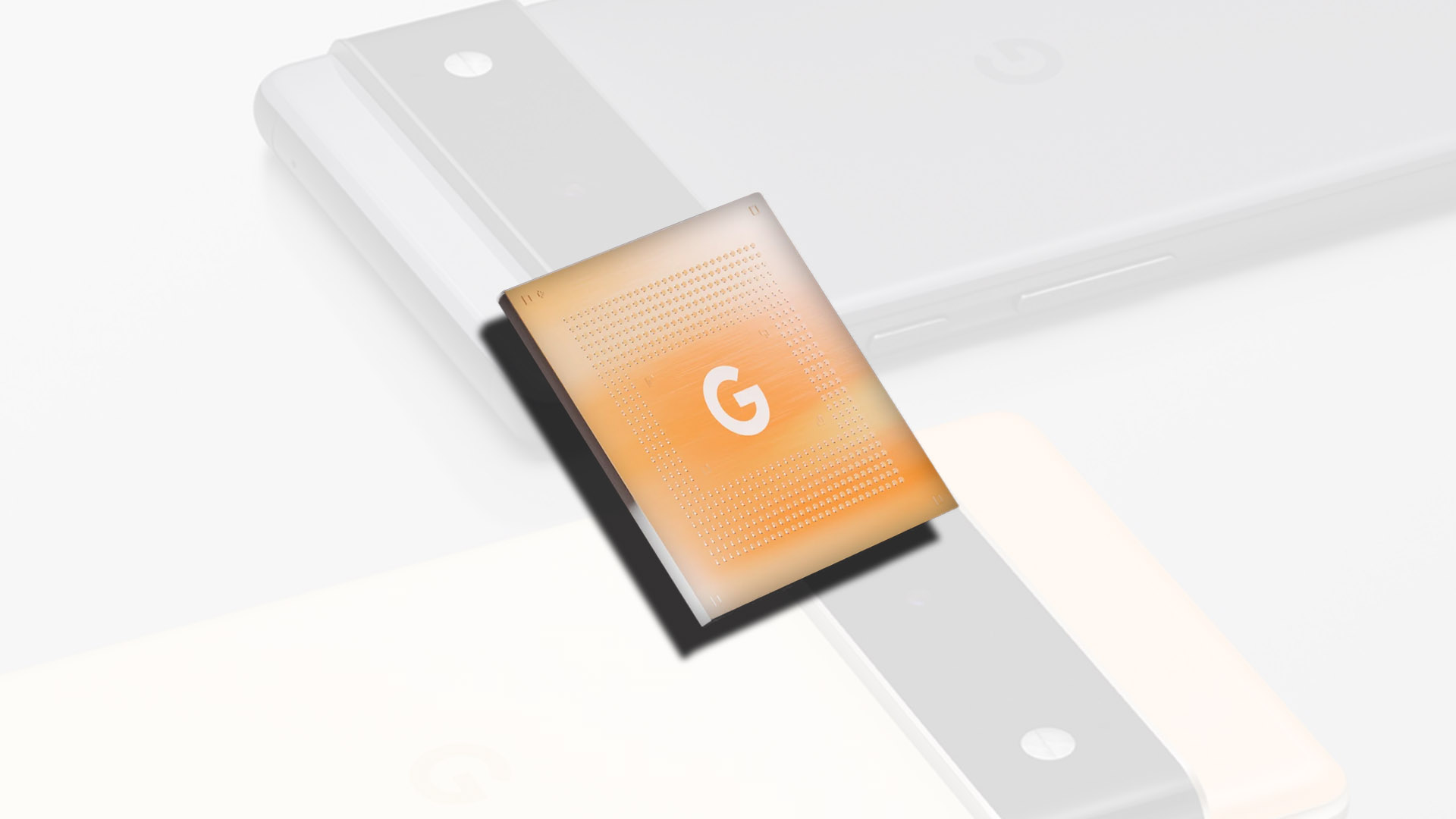A chipset that turns Android smartphones?
Smartphones, coming directly from the workshop of the American giant Google, are popular devices for many enthusiasts. The Google Pixel series brings pure Android, which is perfectly optimized. It combines this with regular and fast updates, which makes many users happy. However, the latest models in the series did not have to suit everyone. The change is to be brought about by the Google Pixel 6 series, which will come with a home-made chipset called Tensor. What can we expect from this processor? The answer is recognized by the Android Central web portal. So let’s talk about the Google Tensor chipset.
Contents
- 1 Google is a software company with other companies helping them with hardware
- 2 Tensor will replace the chipsets from Qualcomm, which the American giant has used so far
- 3 The upcoming processor is inspired by the Exynos 2100 chip. It is found in models from the Samsung Galaxy S21 series.
- 4 It will please the implemented module, which serves to increase security
- 5 The in-house chipset will help deliver software updates more often
- 6 Photos enhanced by artificial intelligence mean for better post-processing. The tensor has great potential
Google is a software company with other companies helping them with hardware
As such, Google is happy to be a software company. The competition has more experience with hardware production. This is also indicated by the fact that their smartphones, whether it is the end of the Nexus line or the current Pixels, are manufactured by well-known smartphone manufacturers. The Nexus series even often bore the brand of its manufacturer in its name.
The upcoming new Google Pixel 6 and Pixel 6 Pro will benefit from a home-made processor named Tensor. This chipset has a strong focus on AI functions. It’s quite possible that these chips will power not only phones, but quite possibly the upcoming line of Chromebooks. As we will see the new Pixels in a few weeks, it will not be long before we find out information about other devices with the used Tensor SoC under the hood (SoC = System on Chip – chipset).
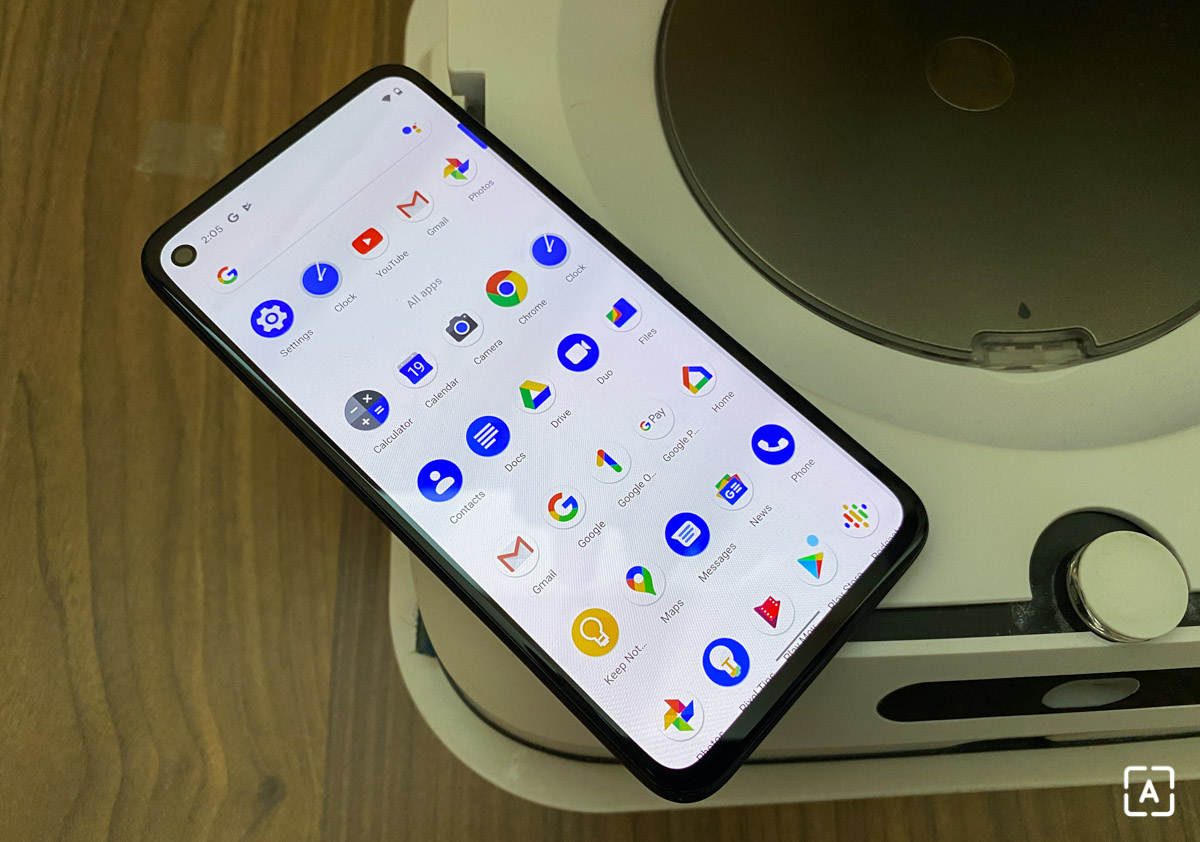
Since the chipset consists not only of the CPU unit, but also of other important parts integrated in one small component, let’s imagine the individual functions of the Tensor microchip. We’ll talk about its hardware features, security, photo processing capabilities, and so on.
Tensor will replace the chipsets from Qualcomm, which the American giant has used so far
Google has so far relied on chipsets supplied by US giant Qualcomm. Tensor processors were made with the help of engineers from Samsung, who already have some experience with the production of chipsets. Switching to custom chips will clearly help Google improve the user experience, as the system can be almost perfectly optimized. It will join other technology giants, such as Apple or Samsung itself.
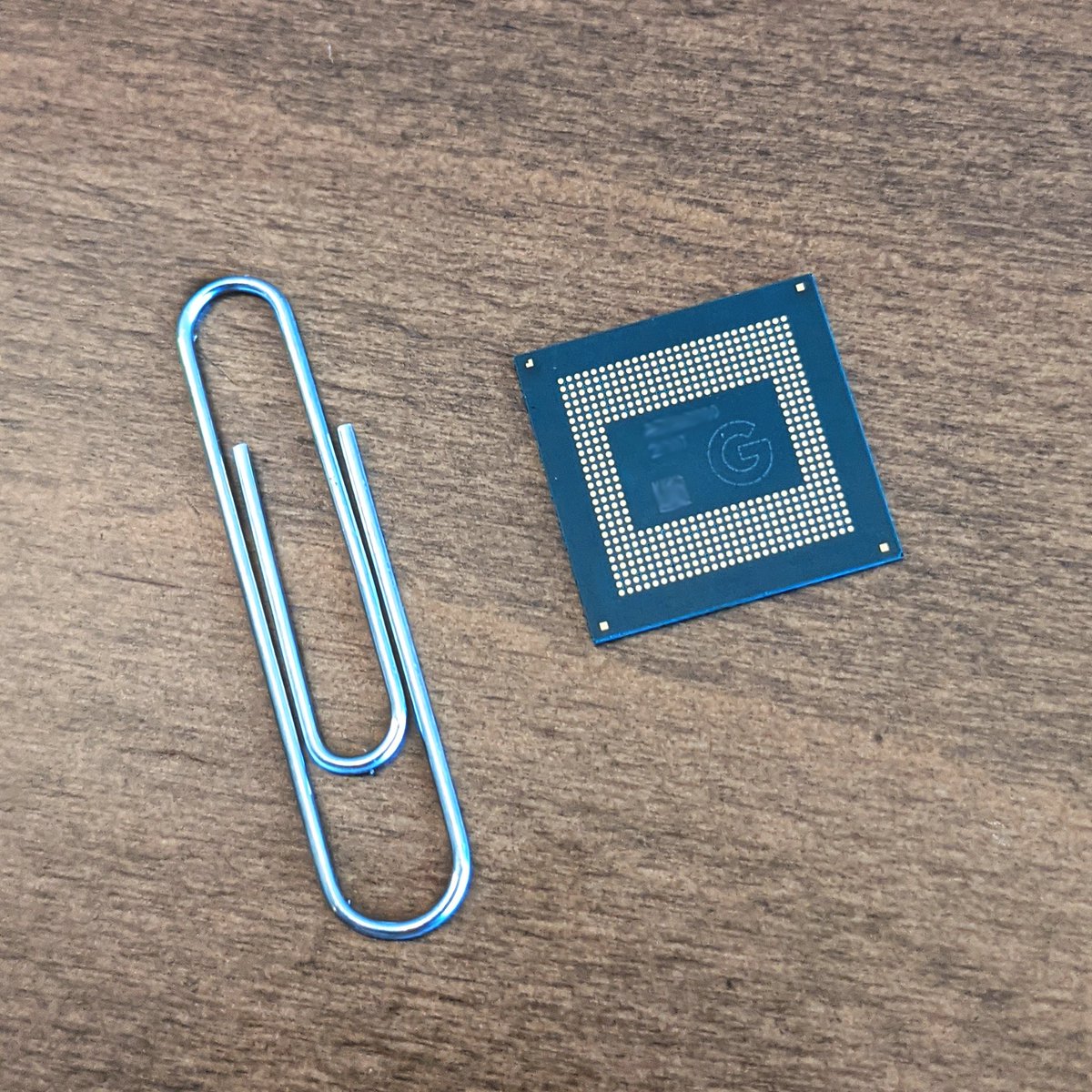
After all, software is best developed with its own hardware. The Google Pixel 5 series was characterized by middle-class parameters, but the price was quite high, which many did not like. However, the Google Pixel 4a model showed the competition that a good smartphone doesn’t have to cost a lot of money at all. However, with the advent of Google Pixel 6 and Pixel 6 Pro, the company will once again be able to focus on creating a high-end device.
The upcoming processor is inspired by the Exynos 2100 chip. It is found in models from the Samsung Galaxy S21 series.
Although Google did not directly confirm that it worked with Samsung on the Tensor chip, all indications are that the Exynos 2100 processor was used as an example. It is therefore a very interesting combination, as this chip can in some respects be equal to the Snapdragon 888 processor itself, which is currently the best chipset from Qualcomm’s workshop. We will mention that the Exynos 2100 consists of one Cortex X1 core, three A78 cores and four energy-saving A55 cores.
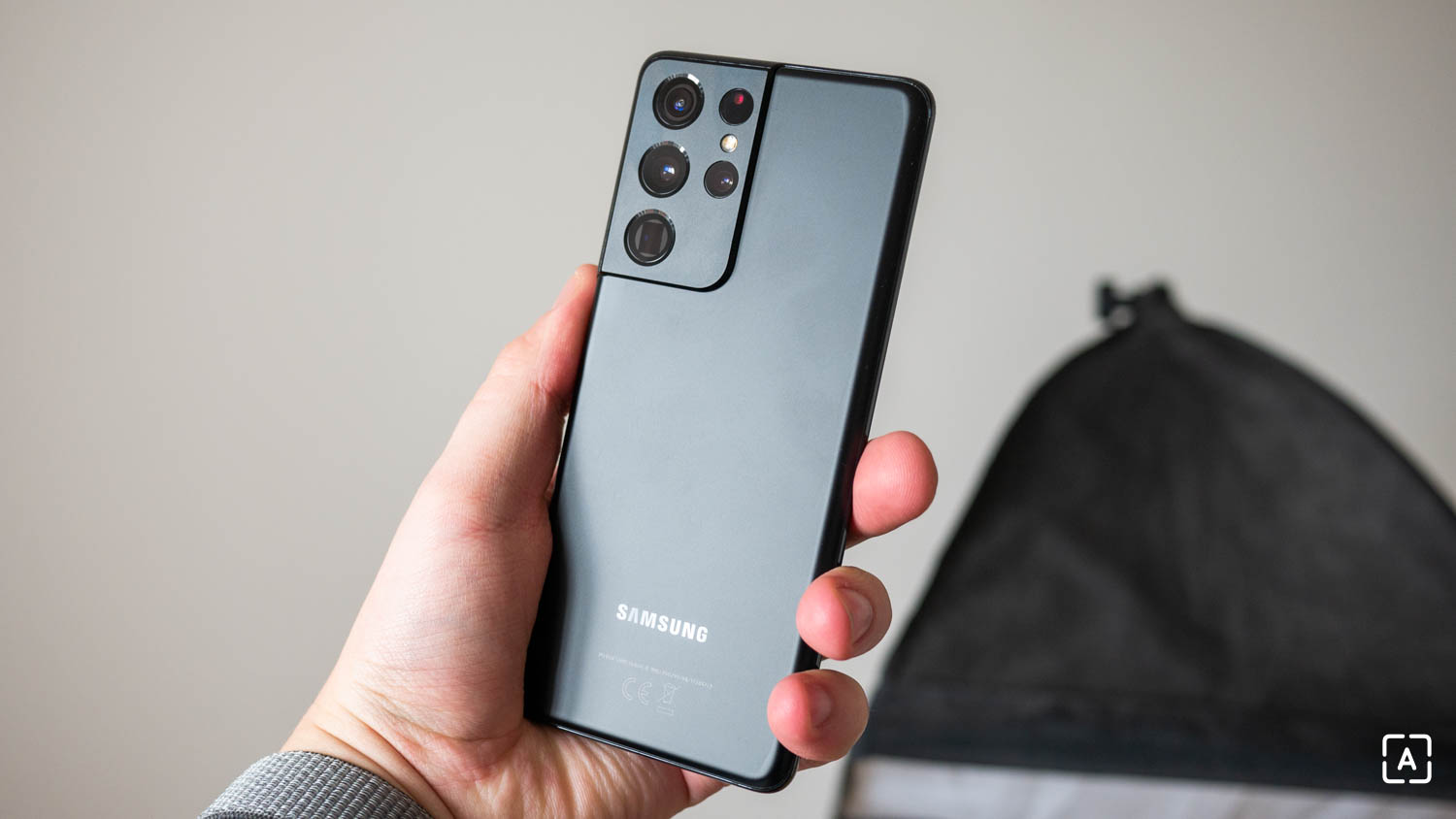
![]()
As for graphics performance, it is provided by the ARM Mali-G77 graphics accelerator. The performance of the Tensor chip should not differ from the Exynos 2100, and Google will probably use exactly the same CPU and GPU cores. The performance of the new Pixel 6 flagships should therefore be equal to the Samsung Galaxy S21 series. That is, unless Google does some miracles with great optimization. The tensor will be manufactured using 5 nm technology. This should ensure high energy savings while maintaining high performance.
It will please the implemented module, which serves to increase security
In the past, Google also had its own hardware in its smartphones. It was a Pixel Visual Core chip that processed the image from the camera, along with the Titan M. This was used to improve the security of the device. An additional level of security has been added. It is expected that this module will also be located in the Tensor SoC itself. It should offer a safety module Titan M2.
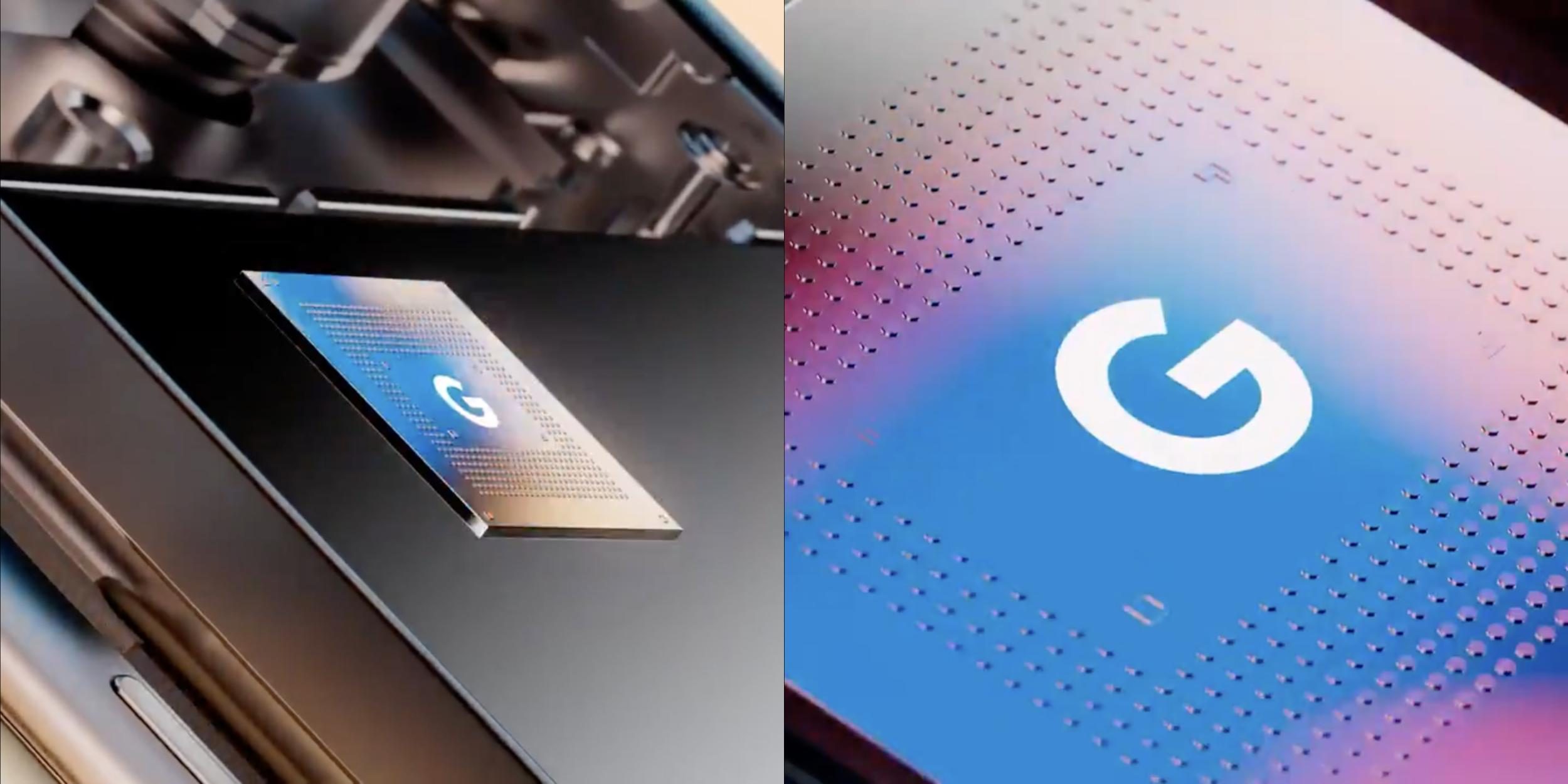

According to Google, this will be “the highest level of security on a smartphone.” This information alone should make Pixel 6 and Pixel 6 Pro interesting mobile phones. After all, a high level of security is always great news. Titan M2 will maintain and process the biometric data you store and other things needed to improve the security of your smartphone.
The in-house chipset will help deliver software updates more often
Google Tensor SoC will also mean faster updates and longer software support. By comparison, Apple offers its customers up to five years of support. The iPhone, iPad and MacBook are devices that have almost in any case an incomparable level of support with Android devices. However, we must acknowledge that the situation is improving year by year.
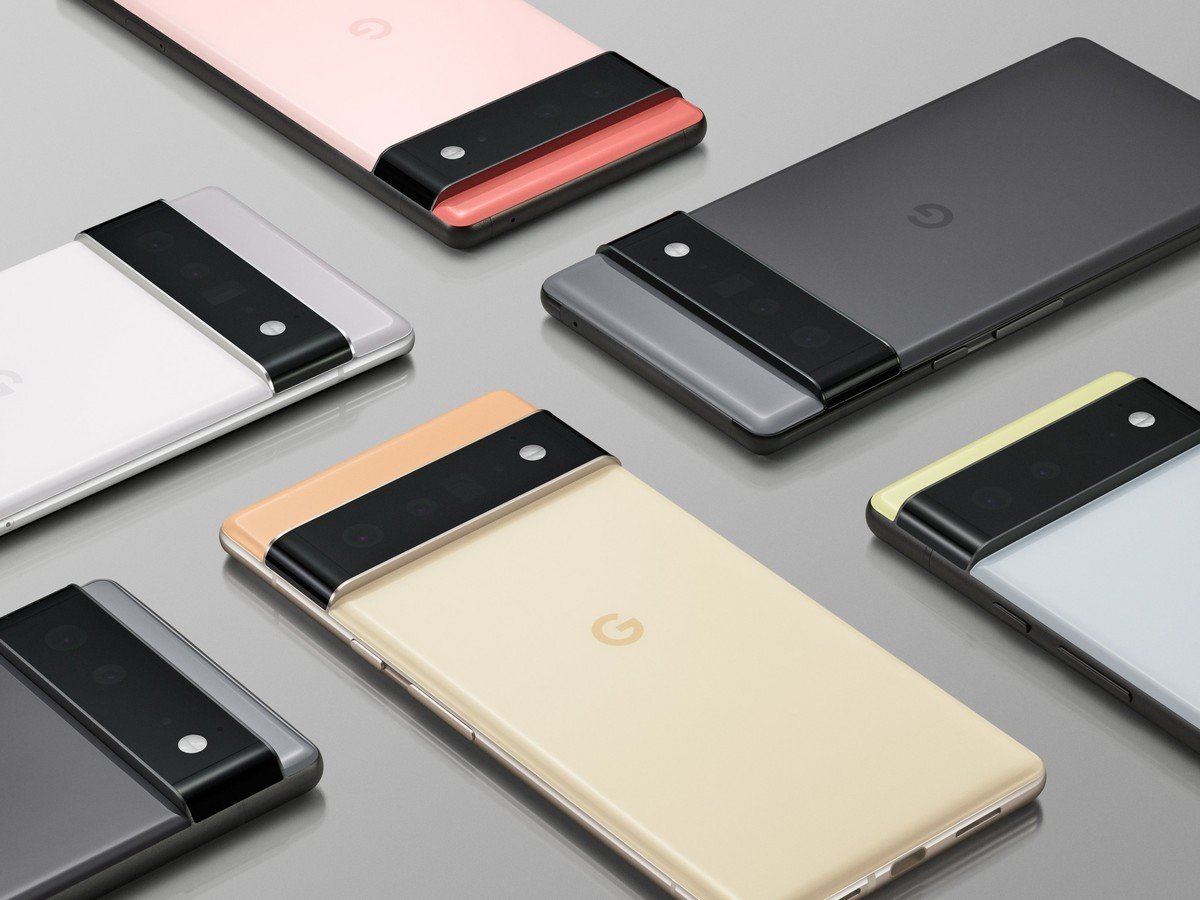

Google offers up to three major Android updates for its Pixels. The South Korean manufacturer Samsung is in a similar position with regard to its flagship and, in some cases, middle-class models. For Google, switching to its own chipset could mean support worthy of Apple. We’ll see what the technology giant does for it.
Photos enhanced by artificial intelligence mean for better post-processing. The tensor has great potential
The appearance of the photos you take doesn’t just depend on the camera of your phone. As you may know, software and so-called “post-processing” also do a lot. This is really amazing with smartphones from the Google Pixel series. But it also depends on personal preferences. Their HDR + can work wonders, as can the Night Sight function.
The tensor will have elements of artificial intelligence, which will only help to create beautiful and faithful-looking photographs. It is also important that photos are taken quickly and without delay. An integrated image processing chip could reliably handle this. Overall higher quality videos can also be expected.
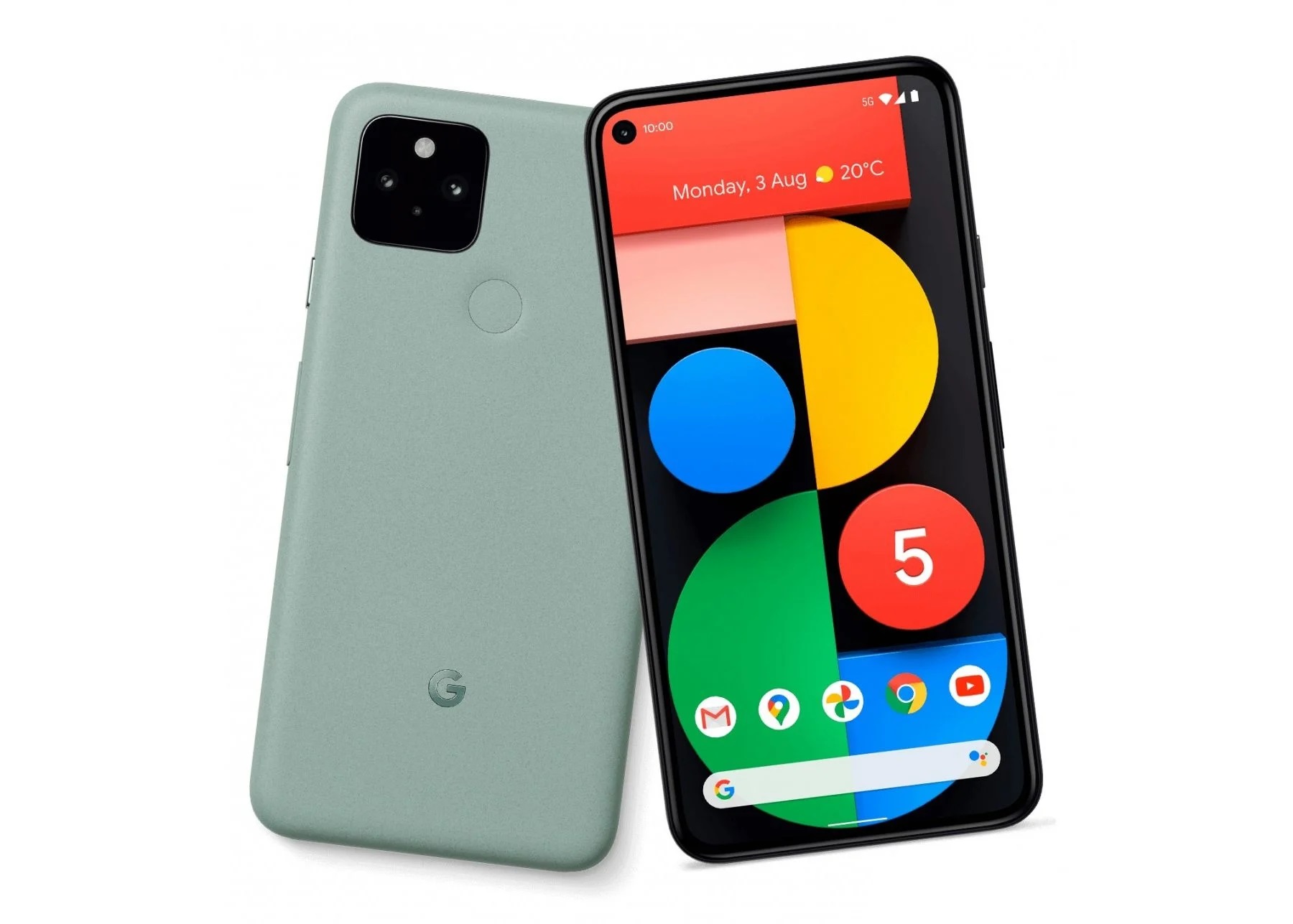

![]()
![]()
![]()
In the Tensor SoC we will also see a 5G mmWave modem from Samsung’s workshop. This means that the series will of course support the latest fifth-generation mobile networks. Finally, Google Pixel 6 comes with a 6.4-inch screen with a refresh rate of 90 Hz. Better equipped Google Pixel 6 Pro will delight up to 6.7-inch Quad HD + display with 120 Hz. You can find more information about these upcoming news in our separate article.
Our tip
Google Pixel 6 may get up to 5 years of support for Android updates
